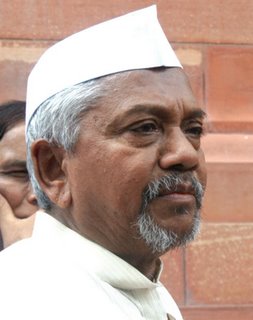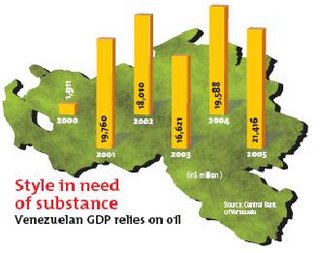The BIG Fight!
William Bernbach, the greatest guru of advertising, once said, “You can say the right thing about a product and nobody will listen. But you’ve get to say it in such a way that people will feel it in their gut; because if they don’t feel that, nothing will happen.” The battle for market share is really tough, with so many competitors in every product category. The most significant way to win, is to make your mark quickly and indelibly. And the fastest way to ensuring the viewer’s attention towards your product is through the mother of all big fights, namely, comparative advertising. It’s one of the most potent arrows in the strategy quiver of advertising. Hence, only the bravest should use it. And generally, only the bravest do!
in such a way that people will feel it in their gut; because if they don’t feel that, nothing will happen.” The battle for market share is really tough, with so many competitors in every product category. The most significant way to win, is to make your mark quickly and indelibly. And the fastest way to ensuring the viewer’s attention towards your product is through the mother of all big fights, namely, comparative advertising. It’s one of the most potent arrows in the strategy quiver of advertising. Hence, only the bravest should use it. And generally, only the bravest do!
For complete IIPM article click here
Source:- IIPM Editorial
Visit also:- IIPM Publication, Business & Economy & Arindam Chaudhuri Initiative
Read more:-
 in such a way that people will feel it in their gut; because if they don’t feel that, nothing will happen.” The battle for market share is really tough, with so many competitors in every product category. The most significant way to win, is to make your mark quickly and indelibly. And the fastest way to ensuring the viewer’s attention towards your product is through the mother of all big fights, namely, comparative advertising. It’s one of the most potent arrows in the strategy quiver of advertising. Hence, only the bravest should use it. And generally, only the bravest do!
in such a way that people will feel it in their gut; because if they don’t feel that, nothing will happen.” The battle for market share is really tough, with so many competitors in every product category. The most significant way to win, is to make your mark quickly and indelibly. And the fastest way to ensuring the viewer’s attention towards your product is through the mother of all big fights, namely, comparative advertising. It’s one of the most potent arrows in the strategy quiver of advertising. Hence, only the bravest should use it. And generally, only the bravest do!For complete IIPM article click here
Source:- IIPM Editorial
Visit also:- IIPM Publication, Business & Economy & Arindam Chaudhuri Initiative
Read more:-






